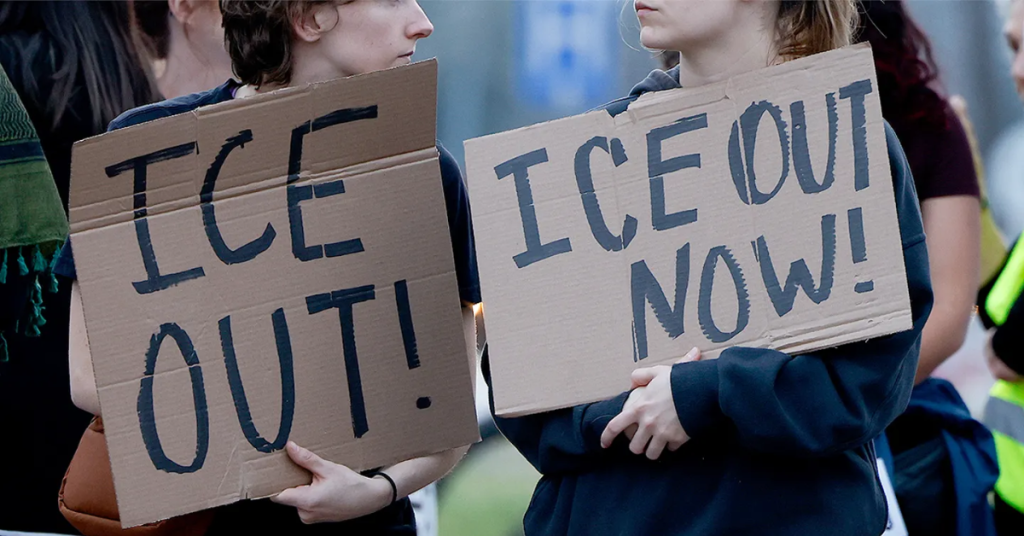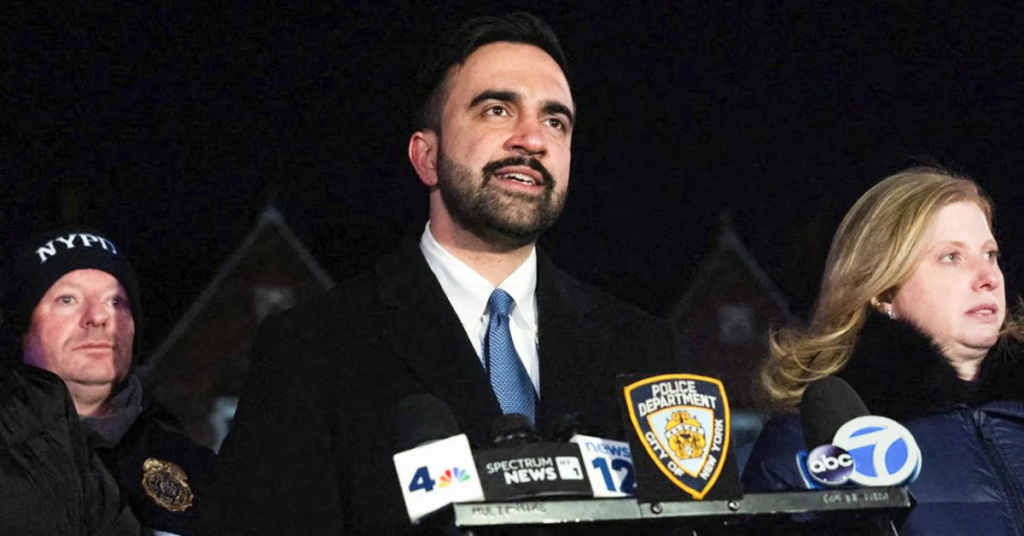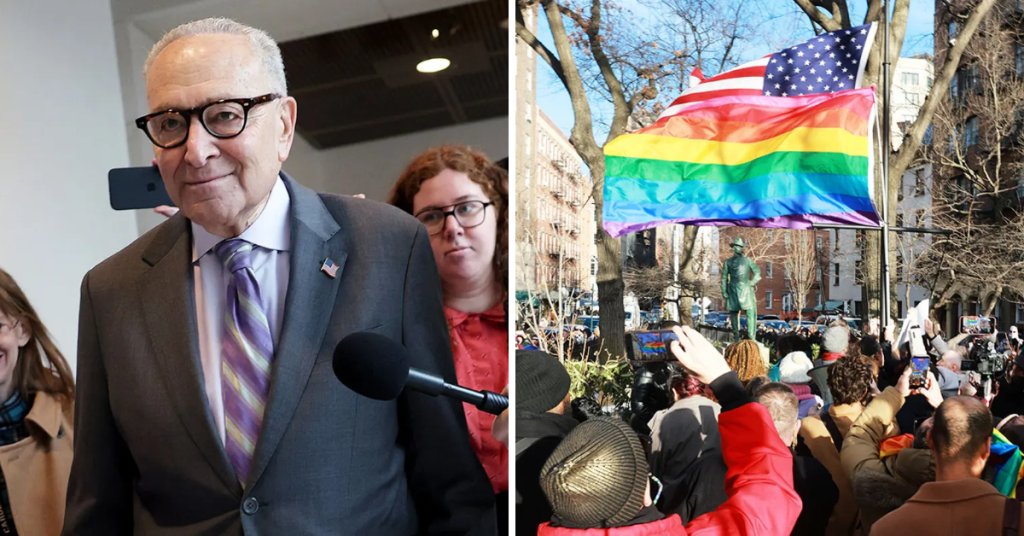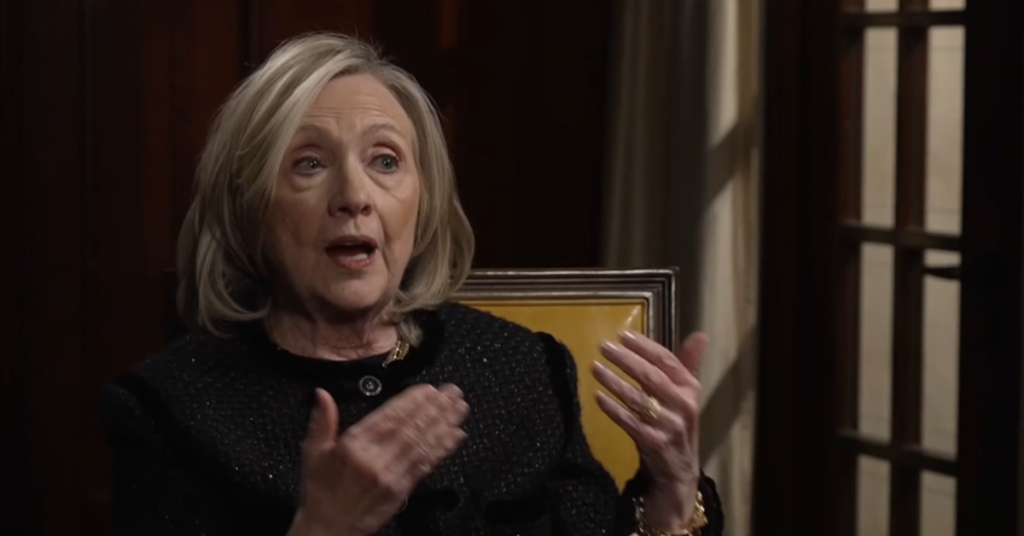Although he left office under a cloud of criticism about his leadership, former President Joe Biden says world and political leaders—among them several European heads of state—still reach out for his guidance.
Addressing the Society for Human Resource Management’s annual conference in San Diego last week, Biden told attendees that he remains an unofficial sounding board in global affairs.
“I’ve had calls—can’t name names—from European leaders urging me to step in,” he remarked during an on‑stage chat with SHRM President Johnny Taylor, according to the Western Journal. “I’m staying out of the fray, but I’m offering perspective. The landscape has changed.”
A video snippet shared on X by Democratic strategist Chris Jackson captures Biden speaking in a low, measured tone before shifting—mid‑sentence—into a more animated plea, underscoring what he sees as the continued need for American leadership.
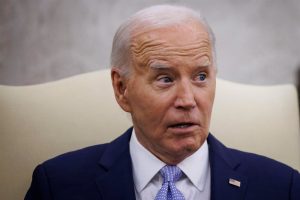
President Joe Biden recently defended America’s role on the global stage, urging that U.S. leadership is not just a matter of power, but of responsibility. Speaking passionately, he posed a rhetorical question: “If America doesn’t lead the world, who will?” He emphasized that his point wasn’t about dominance, but about the nation’s unique ability to bring others together.
Biden also shared that he remains in regular contact with members of Congress from both sides of the aisle. “A lot of Democrats and Republicans still reach out,” he said, adding that while they may not be seeking solutions from him directly, they value his perspective and want someone to “bounce things off.”
However, one offhand comment during his remarks left many puzzled. In the midst of discussing global leadership and bipartisan cooperation, Biden unexpectedly shifted gears and said, “I’m also laying rubber with my ’67 Corvette on my driveway.”
The remark quickly drew backlash online, with critics labeling it as another sign of a presidency they see as increasingly disconnected. Detractors argue such moments reinforce concerns about his focus and communication style.
Throughout Biden’s term, his administration contended with significant domestic challenges, including persistent inflation, high gas prices, and an unresolved crisis at the southern border. As internal divisions within his own party deepened, pressure mounted, ultimately leading to his decision not to run for a second term.
📺 And now, your moment of zen. Some Q&A with @JoeBiden from today’s #SHRM25 conference in San Diego. pic.twitter.com/AGtN47aau9
— Chris D. Jackson (@ChrisDJackson) July 2, 2025
As President Biden maintains that political figures still turn to him for guidance, a growing list of controversies from his time in office continues to spark doubt and criticism.
Among the most contentious episodes was the impeachment of Homeland Security Secretary Alejandro Mayorkas, a rare and politically charged move that underscored deep divisions over border policy. The situation was further complicated by the legal and ethical questions surrounding the president’s son, Hunter Biden. The administration’s decision to issue preemptive pardons to Hunter and other figures—including Dr. Anthony Fauci—only amplified public concern, especially after reports that autopen signatures may have been used to authorize the pardons.
Adding to the pressure, a recent report from U.S. Immigration and Customs Enforcement revealed significant failures in the vetting of sponsors for unaccompanied migrant children. In several cases, those children suffered harm after being placed with unsuitable or abusive guardians—raising fresh alarms about the system’s oversight.
Against this backdrop, Biden’s assertion that leaders still seek his counsel has drawn sharp skepticism.
“Considering the disorder and declining public trust that marked the latter part of his presidency, it’s hard to imagine that world leaders are genuinely looking to him for direction,” one analyst remarked.
The White House has not responded directly to these criticisms, but the controversies continue to shape how Biden’s leadership is viewed as he transitions out of office.
Critics saw the remarks as yet another example of the former president confusing his past influence with present-day relevance — a recurring theme that, to them, borders more on wishful thinking than reality.
